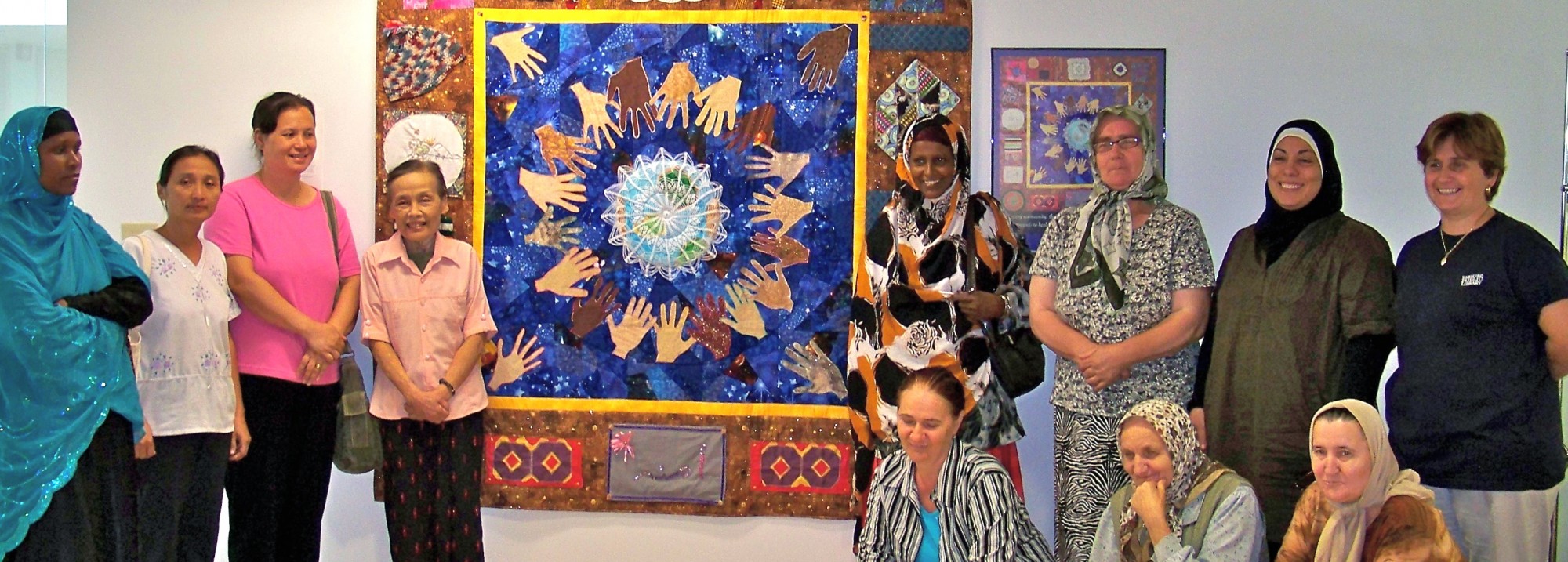Briana Chang and I visited a hair supplies shop on North Main Street in Hartford Connecticut. We met with a woman by the name of Jeanie (a pseudonym), who is the store manager. She spoke on behalf of the Korean business owner who was also present in the store at the time. The store specializes in the sale of hair products, and hair weaves/wigs. Many of the customers who visit the store are women of color. I asked Jeanie about some of the difficulties she faced as a manager of the store. She mentioned that many of her customers have begun wearing their natural hair in their natural textures instead of wearing straighter hair weaves or chemically processing their hair. It is no secret that because of societal pressures, women of color have historically spent a great deal of money on their hair in order to conform to the European standard of beauty. This means that they must straighten and chemically process their naturally curly/kinky hair. Women can purchase many of the products for this process, or additional alternatives to achieve these styles at this store. Recently, women of color have developed a consciousness around, and greater appreciation for their natural hair texture and have refrained from relying on many of these products. There is no doubt that this transition is most beneficial for these women because it saves them a great deal of money and the stress of always manipulating and damaging their natural hair.
This does however have the opposite affect on the businesses that depend on these women for the majority of their profit. This is a common trend among many types of businesses. Our cultural norms are ever changing, and with that, our cultural capital also changes. The things that we claim to be a significant part of our lives today may be thing of the past in just a few years. The way that we wear our hair, or the kinds of clothes we wear, and even the things that we eat can change drastically from generation to generation, and businesses must be able to conform to these changes in order to remain profitable. This hair supply shop that we visited might benefit from incorporating more “natural hair” products and information for women of color who may not be very knowledgeable about how to care for their natural hair, especially if they have never had to deal with caring for kinky/curly hair in the past. They might even want to sell hair extensions that are available in kinky/curly forms so that these women could purchase products that better resemble their own natural hair textures. These ideas are sight specific, and may not work for many businesses, but there are ways to adapt to cultural changes depending on the customer demographic, availability of resources, and willingness of business owners to discover and meet the demands of their customers.
